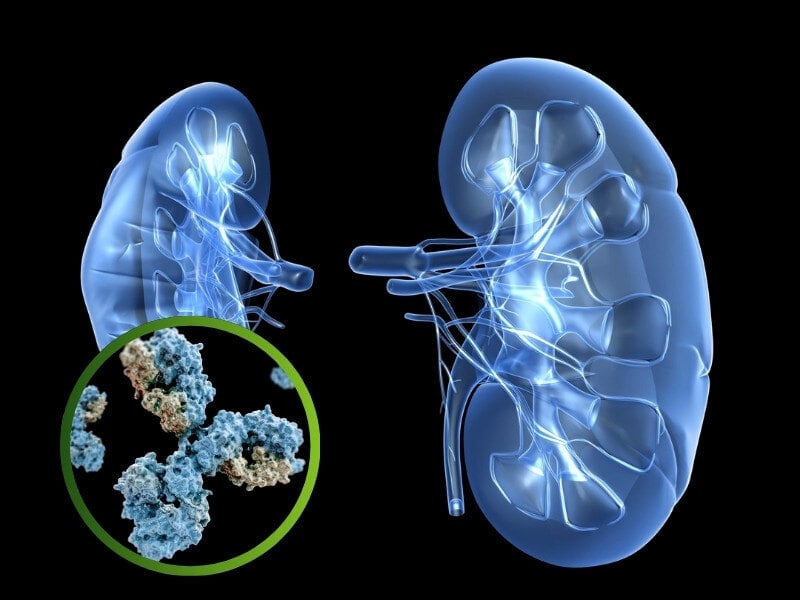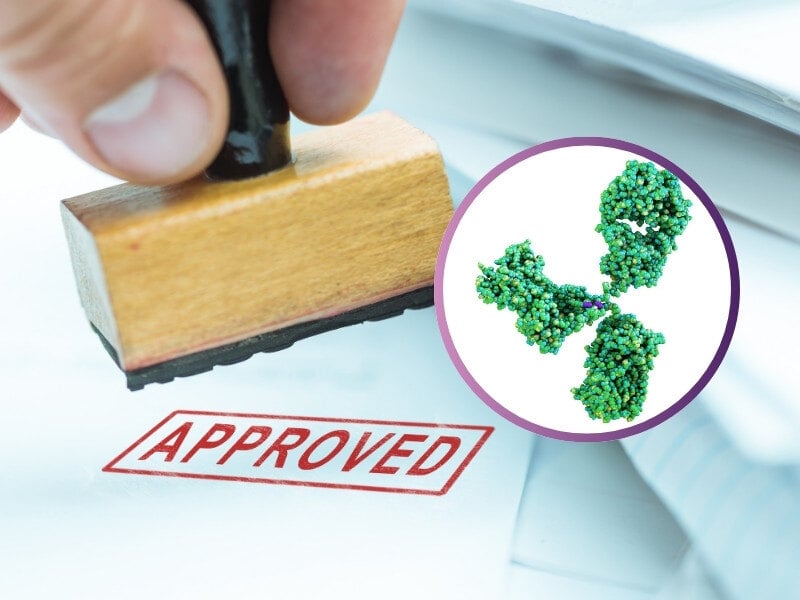Therapy In the Spotlight: CAR T Cell Therapy—Significant Approvals and Regulatory Concerns

CAR T therapy is a ground-breaking methodology for the immunotherapeutic targeted killing of tumour cells. Rather than the indiscriminate cytotoxicity that results from chemotherapeutic drugs, CAR T is a form of precision medicine that helps the patient’s own immune system fight the cancer.
The procedure for CAR T therapy is done in stages. The patient’s blood is collected, and T cells are extracted from it. Then gene editing is performed on the cells to express a chimeric antigen receptor (CAR), these are receptors that are specially designed to recognise antigens that are present on the tumour cell’s surface. Once the T cells are adapted for cancer killing, they are expanded and infused back into the patient’s blood.
CAR T Therapy Approvals and Regulation
More than 10,000 patients have received CAR T treatment in clinical trials, and there are currently six courses of the therapy currently approved by the US Food and Drug Administration (FDA), all for blood cancers.
The most recent CAR T approval came last year when Janssen’s Carvykti (ciltacabtagene autoleucel) was successful after being granted priority review, breakthrough therapy, and orphan drug designations. Carvykti is authorised for the treatment of multiple myeloma in the US and EU.
Safety considerations for CAR T therapy of course have to be made. There is a great deal of careful and strategic planning that needs to occur with regards to the antigen binding domain of the CAR. Hypervariable regions in this domain can lead to immune responses which need to be avoided.
Dr. Vibha Jawa, Executive Director of Nonclinical Disposition and Bioanalysis at Bristol Myers Squibb told Oxford Global that adding a lymphodepletion stage between cell expansion and CAR T infusion reduces the risk of immunogenicity.
However, she said: “we have also seen that the immunogenicity does come back after the six-to-nine-month timeframe. So, even though the lymphodepletion helps initially, it doesn’t mean that immunogenicity won’t occur later on.”
Key Challenge: CAR T for Solid Tumours
As previously mentioned, all approvals for CAR T therapies have been to treat hematologic cancers. However, there is a growing interest in attempting to translate the successes of CAR T to solid tumours.
- The Future of CAR T for Solid Tumours: Antigen Discovery, Persistence, and Fitness
- Tackling Solid Tumours in Immuno-Oncology
One company that is attempting to create a CAR T platform for solid tumours is Aleta Biotherapeutics. They tackle the problem of tumour evasion of CAR T by circumventing the downregulation of CD19, an antigen that the CAR T targets.
Aleta creates ‘CAR T engagers’, small biologics that ‘coat’ tumour cells with CD19 so that CARs can latch on to them even when the antigen is downregulated. To go after solid tumours, such as HER2 central nervous system (CNS) metastases, their engager targets HER2 and B7-H3 simultaneously.
“We’d like to get cell therapeutics into the solid tumour space, in the hope of inducing endurable remissions and even cures for those patients,” Aleta’s President and CSO, Paul Rennert said.
Get your weekly dose of industry news?here?and keep up to date with the latest?‘Industry Spotlight’ posts.?For other Immuno content, please visit the?Immuno Content Portal.







